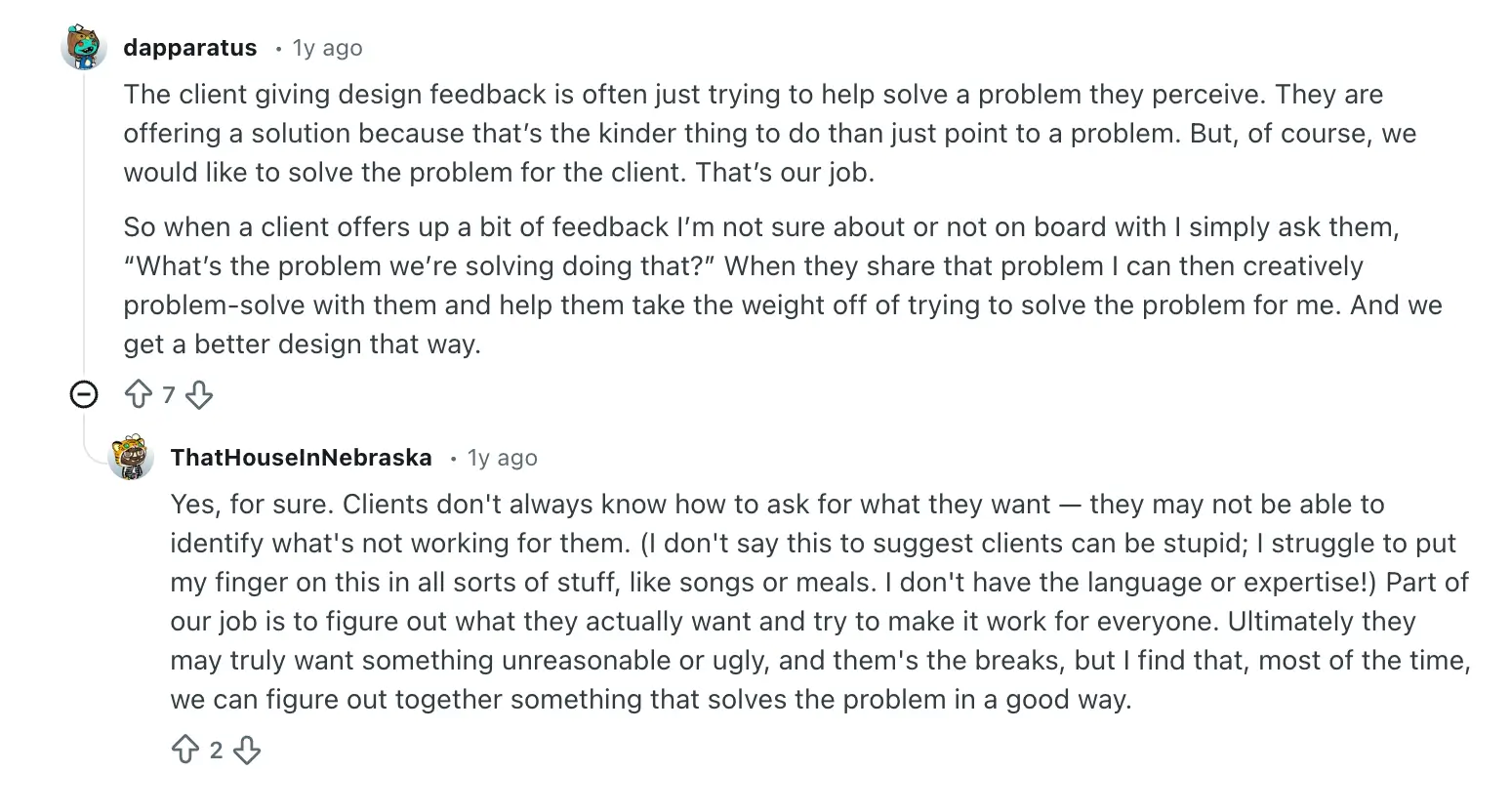Brand Marketing Explained: Why It Matters More Than Ever
Brand Marketing
Apr 15, 2025
0 min
In today’s competitive market, standing out takes more than a good product or service. It requires a strong brand that people recognize, trust, and connect with. This is where brand marketing comes in. It’s a long-term strategy focused on shaping how customers perceive your business, building loyalty, and driving recognition across every touchpoint.
Unlike performance marketing, which is driven by short-term goals, brand marketing positions your business for sustained growth. When done right, it creates emotional connections that influence buying decisions and encourage repeat customers.
Understanding the core brand marketing definition helps you see it not just as a marketing tactic, but as a strategic foundation. In this article, I’ll explore why brand marketing matters now more than ever, the essential elements of a winning brand marketing strategy, and the techniques and metrics that help measure success.

What Is Brand Marketing?
Brand marketing takes a long-term approach to building a company’s identity, reputation, and emotional connection with its audience. Rather than focusing on quick sales, it’s about shaping how people perceive and relate to your brand over time.
The core brand marketing definition involves more than just logos and visuals. It’s about delivering a consistent message, tone, and experience that reflects your brand values and resonates with your ideal customers. Every interaction, from your website and social media to packaging and customer service, plays a role in shaping your brand’s image.
A strong brand marketing strategy isn’t just about looking good. It’s about positioning your brand in a way that stands out, builds trust, and encourages loyalty. While products and services may change, the perception you create through brand marketing becomes your competitive advantage.
Why Brand Marketing Matters Today
In a digital world where customers are constantly bombarded with content, ads, and choices, it’s harder than ever to earn attention, and even harder to keep it. This is why brand marketing matters more today than at any point before.
A well-executed brand marketing strategy helps your business stand out by building familiarity and trust. When people recognize and relate to your brand, they’re more likely to choose you over competitors, even if your price isn't the lowest.
Other reasons why brand marketing is more important than ever:
- It drives loyalty. Consumers stick with brands they feel aligned with emotionally, not just logically.
- It reduces reliance on ads. As data privacy regulations limit paid targeting, your brand becomes a long-term growth engine.
- It influences perception. People remember stories and experiences more than sales pitches.
- It supports every channel. From SEO and social media to customer service, brand marketing strengthens your overall marketing performance.
Even in tough markets, strong brands perform better. When customers trust your brand, they’re more forgiving, more vocal in their support, and more likely to return - all of which are key brand marketing metrics that matter long-term.

The Benefits of Strong Brand Marketing
Strong brand marketing goes far beyond recognition; it drives real, measurable business value. While the results may not always be instant, the long-term impact can be seen across customer loyalty, pricing power, and overall growth.
Here are some key benefits of investing in a strong brand marketing strategy:
- Builds trust and credibility: When your messaging is consistent and aligned with your values, people are more likely to believe in your brand and recommend it to others.
- Encourages loyalty and repeat business: Customers tend to stay with brands they feel connected to. Emotional loyalty is more powerful than transactional incentives.
- Allows for premium pricing: A strong brand increases perceived value. People are often willing to pay more for products from brands they trust and admire.
- Drives organic growth: Word-of-mouth marketing, social sharing, and brand advocacy happen naturally when people love your brand.
- Improves performance across other channels: Whether you’re running ads, sending emails, or publishing content, strong brand recognition boosts engagement and results across the board.
- Provides resilience in tough markets: During downturns or high competition, established brands maintain customer confidence and weather challenges more effectively.
Key Elements of a Successful Brand Marketing Strategy
A strong brand marketing strategy is built on more than just a catchy logo or a memorable slogan. It’s a carefully planned framework that shapes how your audience perceives, interacts with, and remembers your brand over time.
1. Clear Brand Identity
Your brand identity includes your logo, color scheme, typography, imagery, and brand voice. But it’s more than just visuals, it’s how all these elements work together to tell your story.
A consistent identity makes your brand instantly recognizable across your website, packaging, and social media. This builds trust and familiarity - key outcomes of strong brand marketing.
Your website is often the first impression. Professional website design can help bring your identity to life and create a seamless experience for your audience.
2. Compelling Brand Story and Purpose
Behind every successful brand is a story: why it exists, what it believes in, and who it serves. Your brand story humanizes your business and helps customers connect with you on a deeper level.

A strong brand purpose goes beyond profit. It reflects values, mission, and vision, guiding every business decision and marketing message. In brand marketing, this emotional connection is what turns customers into loyal advocates.
3. Strategic Brand Positioning
Brand marketing positions your business in the minds of your target audience. Strategic positioning answers the questions:
- What do we stand for?
- Who are we for?
- What sets us apart?
Positioning helps you claim a distinct space in your industry, especially when many competitors are selling similar products. Without it, your messaging risks blending in or feeling irrelevant.
4. Consistency Across All Touchpoints
A successful brand marketing strategy relies heavily on consistency. Every interaction, whether it's through your website, email newsletter, product packaging, or in-person experience, should reflect your brand's tone, values, and style.
Inconsistent messaging can confuse or alienate your audience. On the other hand, brands that maintain consistency build a sense of reliability and professionalism, which are essential for trust.
5. Emotional Connection Through Storytelling
Strong brands resonate emotionally. People are more likely to support brands that align with their beliefs, aspirations, or lifestyle. This emotional resonance is built through thoughtful brand marketing techniques like storytelling, user-generated content, testimonials, and cause-driven campaigns.
It’s not just about what you sell; it’s about why it matters.
6. Value-Driven Content and Experience
Every piece of content you publish, from blog articles to social media posts, is an opportunity to reinforce your brand values and voice. Educational, helpful, or entertaining content positions your brand as a reliable resource, while every customer interaction reinforces the experience you promise.
Together, content and customer experience form the bridge between strategy and reality in brand marketing.
7. Measurable Brand Marketing Metrics
Finally, no strategy is complete without measurement. While brand marketing isn’t always as immediately trackable as performance campaigns, there are still essential brand marketing metrics to monitor:
- Brand awareness (search volume, mentions, impressions)
- Brand sentiment and reputation (reviews, social listening)
- Customer loyalty (repeat purchase rate, Net Promoter Score)
- Engagement and reach (social media, email open rates)
Tracking these metrics helps you evaluate what’s working and where to adjust, ensuring your brand continues to grow in relevance and impact.
How to Start Building or Strengthening Your Brand
Whether you're launching a new business or looking to refresh an existing one, developing a strong brand marketing strategy is a smart investment. You don’t need a massive budget to get started, but you do need clarity, consistency, and intention.
Here are the steps to start building or strengthening your brand from the ground up:

1. Define Your Brand Purpose and Positioning
Start by asking foundational questions:
- What does your brand stand for?
- Who are you trying to reach?
- What problems do you solve better than your competitors?
Clarity in these areas helps define your brand marketing positions, ensuring you occupy a distinct space in the market and speak directly to the right audience.
2. Build a Consistent Visual and Verbal Identity
Once your brand strategy is clear, develop your identity:
- Visual: logo, color palette, fonts, imagery
- Verbal: tone of voice, tagline, key messaging pillars
Make sure these are applied consistently across all platforms - website, social media, emails, packaging, and even customer support. This cohesion builds familiarity and trust.
3. Focus on Storytelling and Emotional Connection
Great brands connect with people emotionally, not just logically. Share your backstory, values, team culture, and customer success stories. These are all part of effective brand marketing techniques that humanize your business and create relatability.
4. Deliver a Consistent Experience Across Channels
Every brand interaction counts. That means aligning your visuals, tone, and behavior whether someone sees your ad, browses your site, or contacts support. The more consistent and intentional you are, the stronger your brand presence becomes.
Even small businesses can create great experiences by focusing on the details that matter: clear communication, thoughtful design, and a seamless customer journey.
5. Create and Share Value-Driven Content
Content is one of the most powerful tools in brand marketing. Blogs, videos, social posts, and emails aren’t just for promotions, they help you demonstrate expertise, share your values, and engage with your audience.
Use content to reinforce your position, showcase your personality, and provide value before asking for a sale.
6. Track Key Brand Marketing Metrics
As your brand grows, monitor how it’s performing. Key brand marketing metrics include:
- Brand awareness (Google Trends, search volume)
- Engagement (likes, comments, shares, time on site)
- Brand loyalty (repeat customers, referrals)
- Perception (customer feedback, social listening tools)

To Sum Up
In a world of endless options and shrinking attention spans, brand marketing is no longer optional - it's essential. It’s what turns a business into a trusted name, a product into an experience, and a customer into a loyal advocate.
A strong brand marketing strategy positions your business for long-term success. It helps you stand out, connect emotionally, and grow sustainably, even in a crowded or competitive market. From your identity and story to the way you interact with customers, every detail plays a role in how your brand is perceived and remembered.
By applying proven brand marketing techniques, focusing on consistency, and tracking the right brand marketing metrics, you can build a brand that people believe in, and come back to again and again.
The most successful businesses today aren’t just selling products. They’re building brands that matter.















